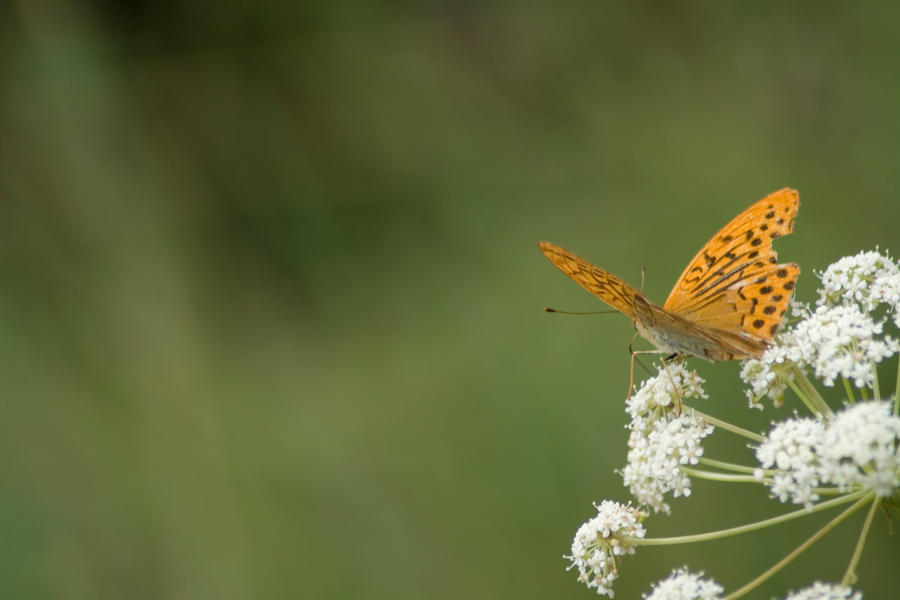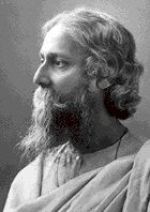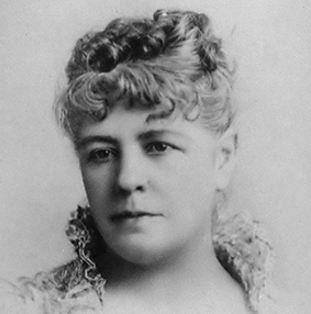Emily Dickinson’s poem “I stepped from Plank to Plank” reflects her ability to use simple imagery—stepping on planks—to explore profound existential themes like uncertainty, mortality, and human experience. The "plank" represents the precarious and finite path of life, where every step is deliberate, cautious, and imbued with the fear of collapse. The poem conveys how this experience of careful, often fearful, navigation through life becomes what we call "experience." The tension between the vast unknowns—the "stars" above and the "sea" below—creates a sense of both awe and vulnerability.
“I stepped from Plank to Plank…” (875)
I stepped from Plank to Plank
A slow and cautious way
The Stars about my Head I felt
About my Feet the Sea.
I knew not but the next
Would be my final inch —
This gave me that precarious Gait
Some call Experience.
Key Themes in the Poem:
Precariousness of Life:
Dickinson uses the metaphor of stepping on planks to symbolize the fragility of life. Each step carries the potential of falling, a reminder of the uncertainty we navigate daily.Finite Nature of Experience:
The lines "I knew not but the next / Would be my final inch" capture the inevitability of mortality, with every step being a potential last.Dual Nature of Existence:
The poem contrasts the infinite—stars and sea—with the finite—planks and steps—suggesting that human life exists at the intersection of vast, unknowable forces and personal, limited experience.Experience as Growth:
The "precarious Gait" born of uncertainty becomes a metaphor for how experience shapes us. It is not through certainty but through fear and caution that we develop what Dickinson calls "Experience."
Relating the Poem to Gurbani:
Gurbani often reflects on the transitory nature of life, emphasizing the precariousness of human existence and the necessity of spiritual awareness. For instance, the following shabads resonate deeply with Dickinson’s themes:
1. Precariousness of Life (Dukh of Maya):
Gurbani describes life as a fragile bridge, much like Dickinson's planks:
"ਜਿਨਿ ਏਹਿ ਕਲ ਧਾਰੀ ਸਗਲੀ, ਤੇਰਾ ਅੰਤੁ ਨ ਜਾਈ ਲਖਿਆ ॥"
"The One who created this fragile expanse—Your limits cannot be known."
(Sri Guru Granth Sahib, Ang 3)
Both the poem and this shabad express life as a delicate journey across a narrow and uncertain path. Just as Dickinson’s planks might break, Gurbani reminds us of the illusionary nature of worldly stability, which is ultimately under the Creator's control.
2. Finite Nature of Experience and Mortality:
Dickinson’s awareness of mortality echoes the Sikh understanding of life as fleeting:
"ਰੈਣਿ ਗਵਾਈ ਸੋਇ ਕੈ ਦਿਵਸੁ ਗਵਾਇਆ ਖਾਇ ॥"
"You lose the night in sleep, and the day is wasted in eating."
(Sri Guru Granth Sahib, Ang 156)
The "final inch" in Dickinson’s poem aligns with Gurbani’s reminder that life is limited, urging reflection on whether we are spending our moments meaningfully.
3. Duality of Existence:
The stars and sea in Dickinson's poem mirror the contrasting aspects of human experience: spiritual aspiration and worldly attachment. Gurbani often speaks of the pull between these two realms:
"ਸੁਖ ਦੁਖ ਦੁਇ ਦਾਰਿ ਕਪੜੇ ਪਹਿਰੇ ਜਾਇ ਮਨੁੱਖ ॥"
"Pleasure and pain are the two garments the mortal wears."
(Sri Guru Granth Sahib, Ang 149)
Dickinson’s tension between the vast unknown (stars and sea) and the fragile present (planks) parallels Gurbani’s discussion of the soul caught between transcendence and material attachments.
4. Experience as Grace (Anubhav and Gyaan):
For Dickinson, the precarious steps create "Experience," which can be likened to the Sikh concept of anubhav—direct spiritual realization:
"ਗੁਰ ਪਰਸਾਦਿ ਪਾਰਸੁ ਪਰਚਾ ਜਪਿ ਤਤੁ ਗੁਰੂ ਜਸੁ ਲਾਇ ॥"
"By Guru's Grace, the soul experiences the essence of truth and praises the Divine."
(Sri Guru Granth Sahib, Ang 414)
Just as Dickinson suggests that fear and uncertainty lead to growth, Gurbani reveals that life’s challenges lead to self-realization and closeness to the Divine when approached with faith.
The Ocean, the Stars, and Divine Connection:
In Dickinson’s poem, the sea represents the unknown depths of life, while the stars represent the infinite possibilities of existence. Similarly, Gurbani often uses metaphors of the ocean (samundar) for the Divine and stars (taare) for spiritual knowledge. Guru Nanak says:
"ਮਃ ੧ ॥ ਅਖਰੀ ਨਾਮੁ ਅਖਰੀ ਸਾਲਾਹ ॥ ਅਖਰੀ ਗਿਆਨੁ ਗੀਤ ਗੁਣ ਗਾਹ ॥ ਅਖਰੀ ਲਿਖਣੁ ਬੋਲਣੁ ਬਾਣਿ ॥"
"Through letters comes the Name; through letters comes praise; through letters comes spiritual knowledge and hymns."
(Sri Guru Granth Sahib, Ang 4)
This aligns with Dickinson’s step-by-step movement through planks (or words), where the cautious gait toward experience can also be interpreted as a spiritual journey.
While Dickinson’s final image of "precarious Gait" points to a human experience shaped by uncertainty, Gurbani offers a vision of transcendence:
"ਸਭੁ ਕੋਈ ਬਹੁਤੁ ਬਿਆਪੈ ਬਉਰਾ ॥ ਹਰਿ ਚਰਣੀ ਲਗਿ ਸੁਖੁ ਪਾਵੈ ਨਾਉ ॥"
"All are engulfed by fear and anxiety, but those who attach to the Divine Feet find peace through the Name."
(Sri Guru Granth Sahib, Ang 258)
Dickinson’s poem can thus inspire us to approach life’s uncertainties not with fear alone, but with faith, as Gurbani reminds us that even the smallest step in remembrance of the Divine offers stability amidst life’s fragile planks.

















 Singing oneness!
Singing oneness!